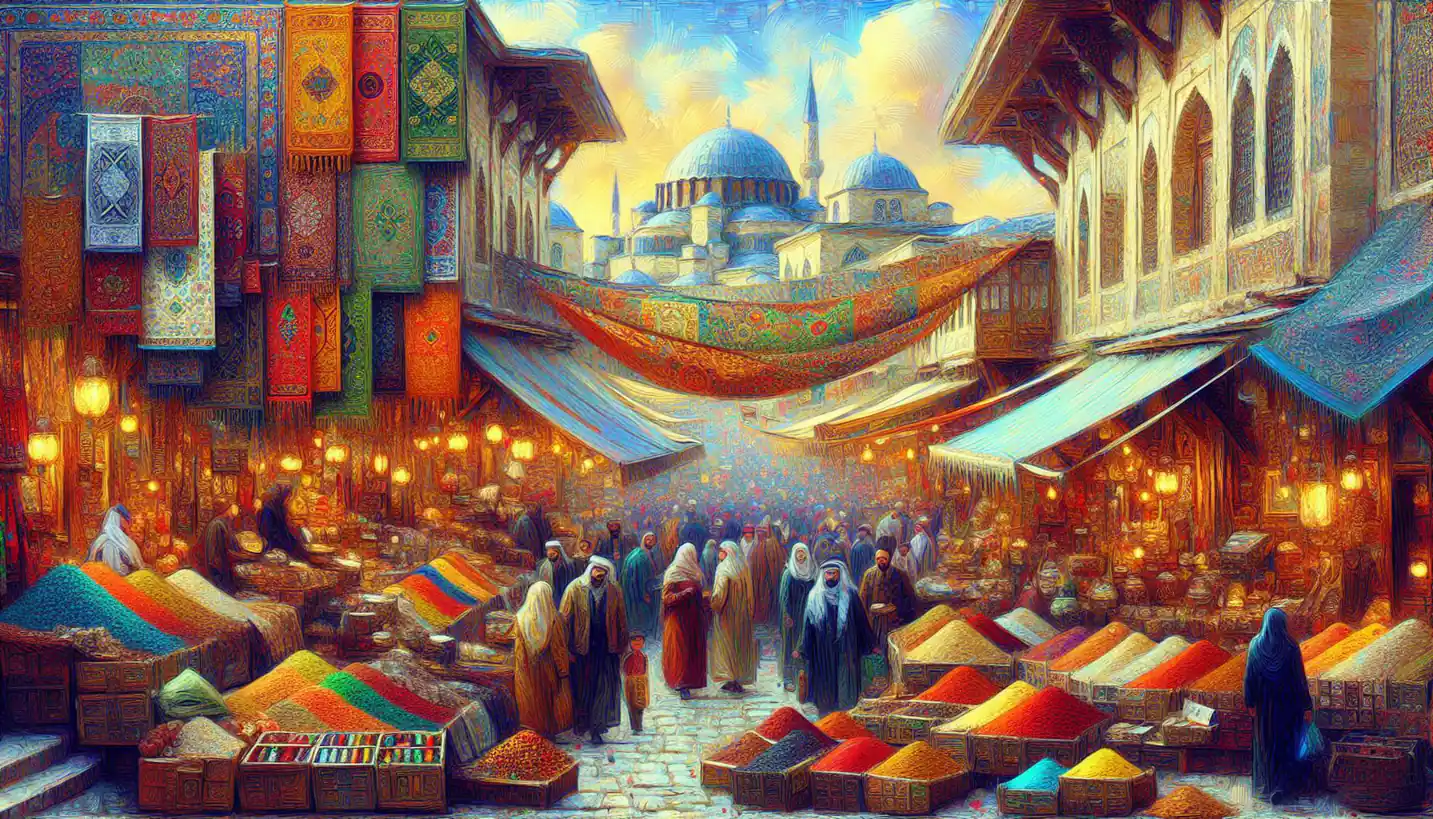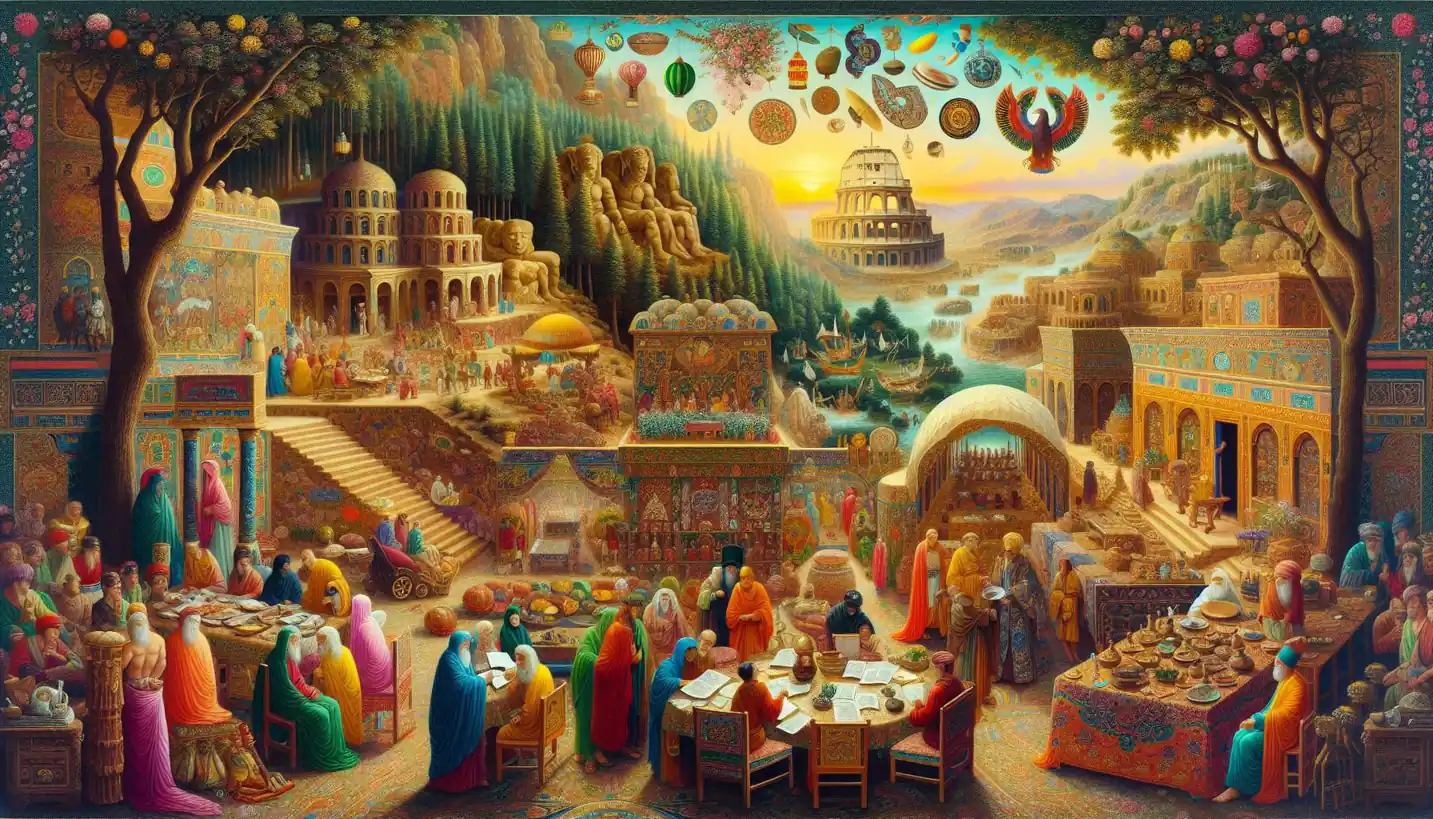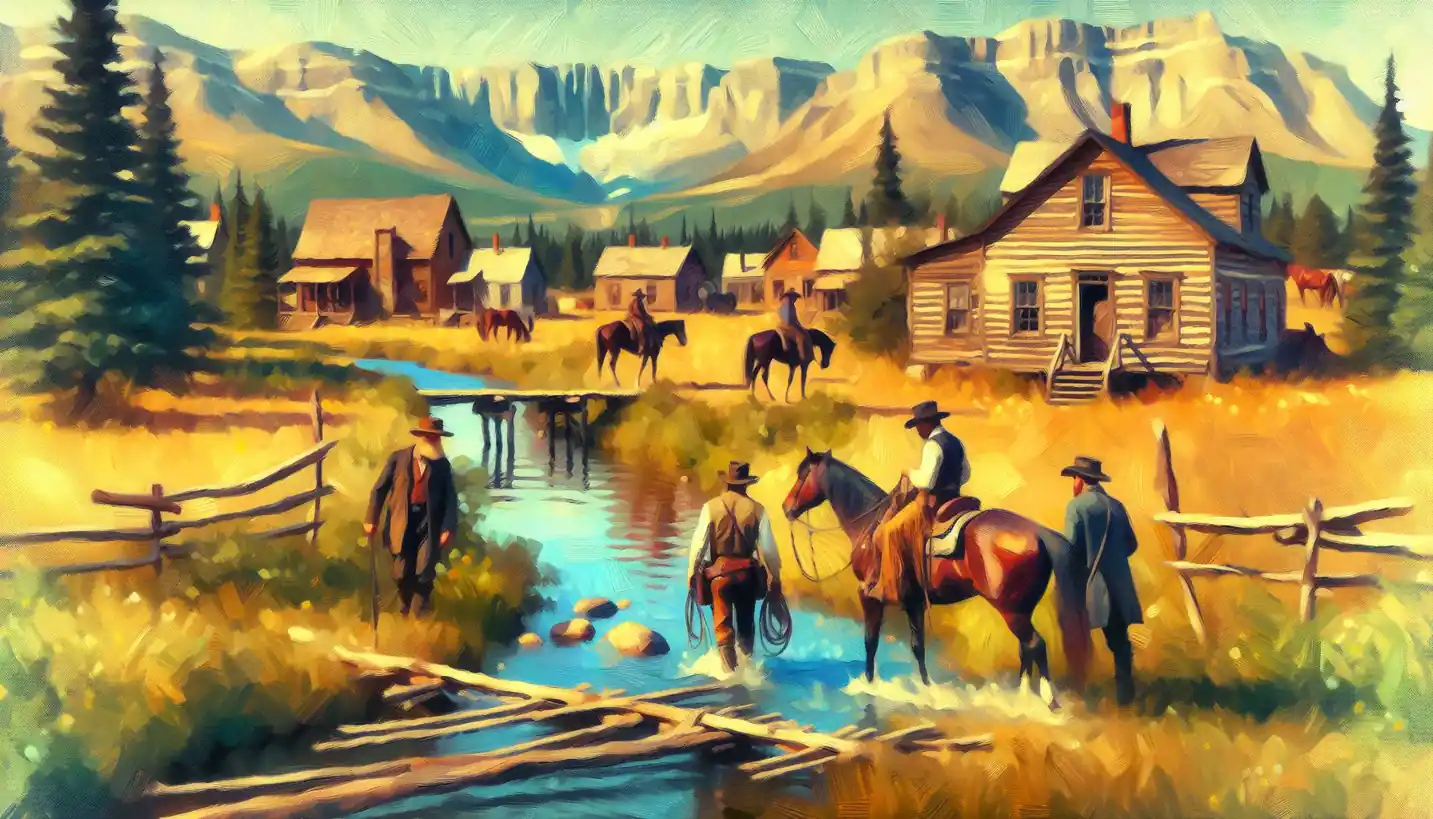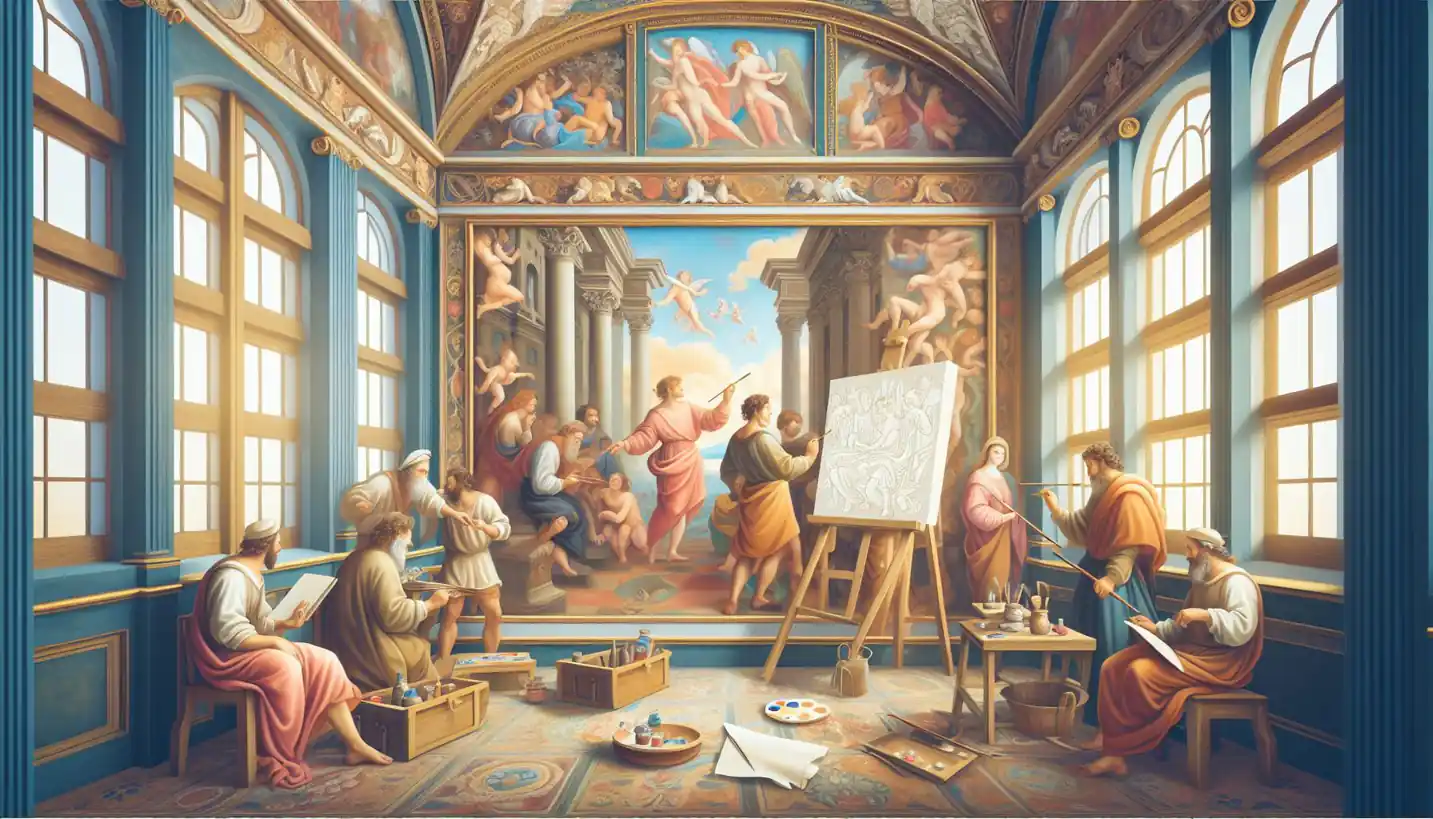· History · 4 min read
Mughal Empire: A Fascinating Chapter in World History
The Mughal Empire is a fascinating chapter in world history, known for its grandeur. Uncover its achievements and long-lasting influence across the region.

The story of the Mughal Empire is like a mesmerizing tale pulled straight from the pages of a history book, filled with grand palaces, epic battles, and a rich cultural tapestry. It’s a saga of power, art, and innovation that spanned over three centuries and shaped the Indian subcontinent in profound ways.
First, let’s dive into the roots of the Mughal Empire. In the early 16th century, a man named Babur, who was a descendant of Genghis Khan and Tamerlane, crossed into India. With a small but determined force, Babur defeated the Sultan of Delhi at the Battle of Panipat in 1526, marking the beginning of the Mughal rule. This was no ordinary empire—they brought together Persian, Indian, and Islamic cultures, creating something unique and enduring.
Under Akbar the Great, perhaps the most famous Mughal emperor, the empire saw a golden age. Akbar wasn’t only a conqueror but also an astute administrator and a patron of the arts. He invited scholars and artists from all over the world, turning his court into a melting pot of ideas. He even held philosophical debates among scholars of different religions, promoting a spirit of harmony and inclusivity. Imagine a grand hall filled with thinkers and visionaries, each contributing to a vibrant era of cultural synthesis.
The Mughals were also renowned for their architectural marvels. One cannot mention the Mughals without conjuring images of the Taj Mahal. Commissioned by Shah Jahan in memory of his beloved wife Mumtaz Mahal, this white marble mausoleum stands as a testament to their architectural genius and love of beauty. Besides the Taj, there were majestic forts like the Red Fort and palatial cities like Fatehpur Sikri, all displaying the incredible craftsmanship of this era.
However, the Mughal Empire was not just about opulence and grandeur. It was also a powerful economic entity. Agriculture flourished under their rule, thanks to improved farming techniques and a well-regulated revenue system. Trade expanded, connecting India with Central Asia, Europe, and beyond. The grandeur of the Mughal courts was mirrored in the bustling markets, filled with spices, textiles, and precious gems, drawing traders and travelers from distant lands.
But what truly set the Mughal Empire apart was its ability to integrate with the local cultures. The Mughal rulers were foreign conquerors, yet they embraced the land they ruled. They adopted Indian customs and languages, marrying into local nobility, and patronized Indian music, art, and literature. This blending of cultures created a uniquely Indian style that is still celebrated today.
The Mughal Empire was not without its challenges and complexities. Aurangzeb, one of the later emperors, expanded the empire to its greatest extent but also faced resistance. His strict policies and heavy taxation led to unrest, fracturing the empire’s unity over time. The empire struggled to adapt to the changing political landscape and the increasing presence of European colonial powers like the British.
By the 18th century, the Mughal Empire was a shadow of its former glory. Internal strife, coupled with external threats, saw its decline. Yet, its legacy endures in India’s culture, cuisine, and architecture. The Mughals left behind a rich heritage that continues to influence the subcontinent today.
In examining the Mughal Empire, we’re reminded of the dynamic interplay of power, culture, and change. It’s a story that speaks to the resilience and adaptability of societies, offering insights into the complexities of governance, cultural synthesis, and historical legacy.
The Mughal Empire’s history raises many intriguing questions: What makes an empire endure, and how does cultural integration play a role in its longevity? Are there lessons from the Mughals that modern societies can learn from in terms of diversity and unity?
As you reflect on the story of the Mughal Empire, consider its enduring impact and resonance in today’s world. It is a reminder of our shared human history—one of stories intertwined, cultures blended, and the timeless pursuit of beauty and understanding.



